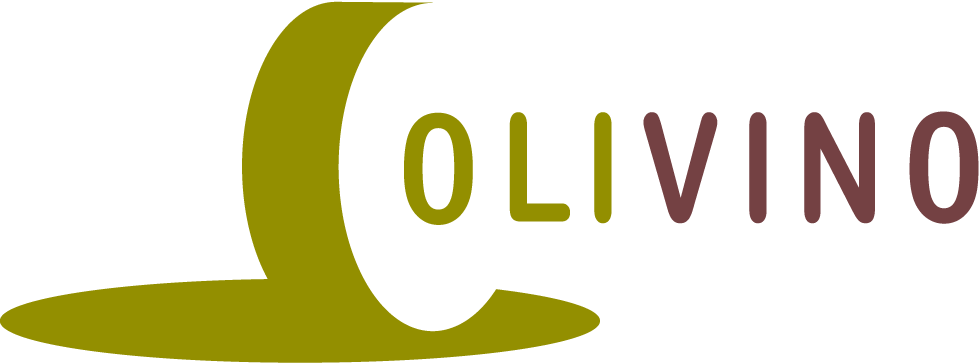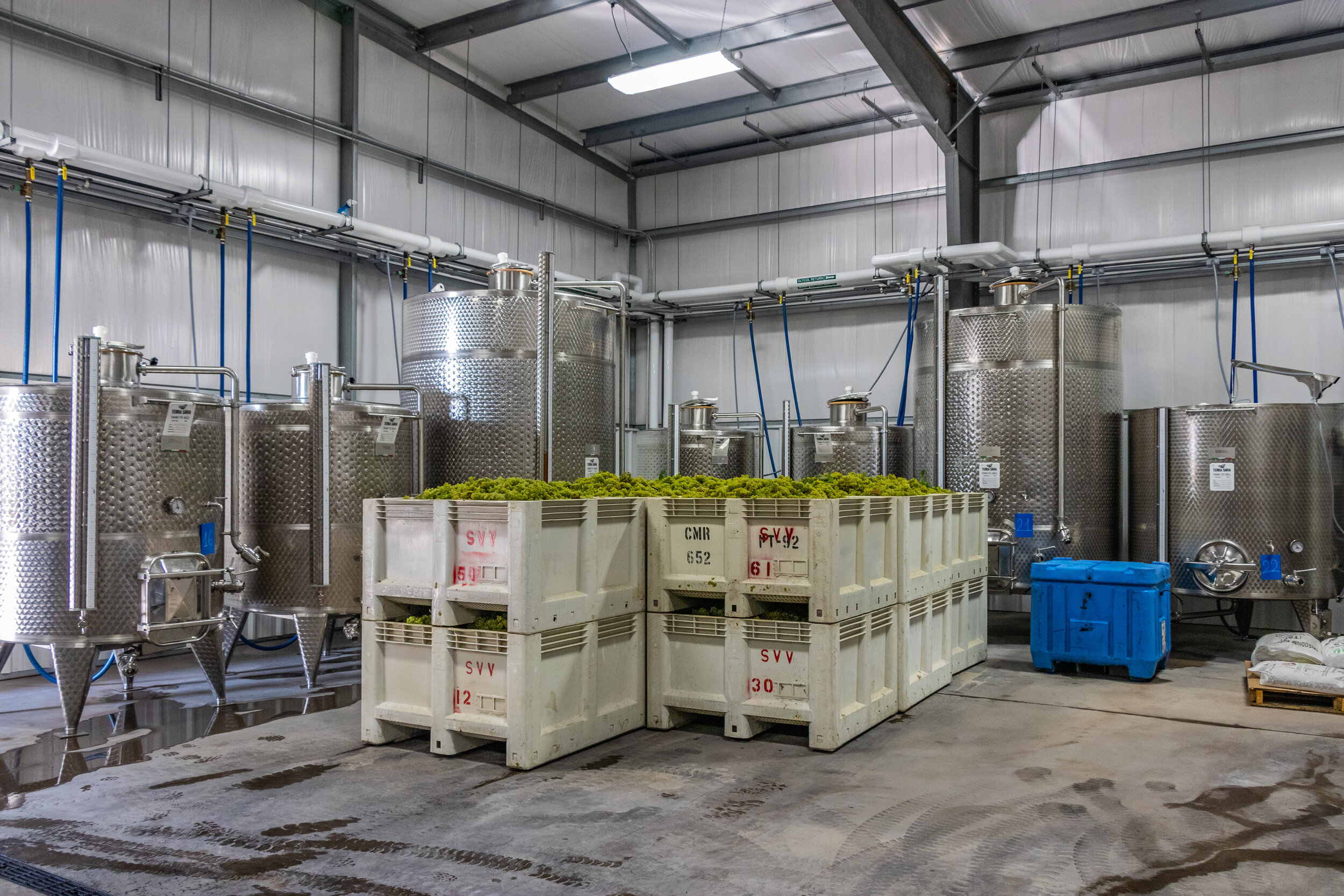The Winery
The best of old and new worlds.
“Great wines are made in the vineyard” – that is true for traditional winemakers who focus on growing superior fruit and staying minimalistic in the cellar. For more innovative winemakers, grapes, tanks, and barrels are like the brushes and colors with which they create unique and special wines like works of art. We seek the best of both worlds by cultivating an exceptional vineyard and by working with several artisan winemakers who bring different ideas and techniques into play at our modern winery.
Our APPROACH
All our grapes are grown organically. From that basis, we produce a range of wines as pure varietals or blends and in a variety of styles, including some organic wines with zero added sulfites. In our new winemaking facility, our staff relies on state-of-the-art equipment and scientific methodology to support our visionary winemakers in their craft. We follow rigorous standards of safety and strict protocols for hygiene, air purity, documentation, and organic certification compliance.
Our Winemaking Process
What wines we make depends on the delicate dialogue between our markets and the grapes we grow. We may plan a particular wine project for months, if not years, and with that in mind, we choose the perfect time for harvesting the corresponding grapes. Harvesting is done entirely by hand by experienced pickers and all staff members participate in the process throughout the season, including the company owners.
Our pickers collect the harvested whole grape clusters in half-ton bins that are brought from the vineyard straight to our crushing pad. There the winemaking team examines the grapes on the sorting table and removes any leaves or foreign objects such as twigs, rocks or dirt. The clusters are conveyed into the destemmer, which frees the berries from the stem and sends them to the crusher.
From here on, the process varies for whites, rosés, and reds. White grapes are crushed and pumped into the press to become free run juice that is immediately pumped into stainless steel tanks for fermentation. Rosés are made from red grapes where the clear juice is left in contact with skins just long enough to lend color. Red crushed grapes are first pumped straight into tanks where the juice is macerated with the skins for a while to gain color and tannins, depending on the winemaker’s objectives. Later the so-called must of red grapes is sent back to the press for separation of the juice for solids.
Much of this pumping is done with our peristaltic pump, a soft and delicate system for transferring more or less thick fluids. The pump is suitable for working with fluids wine, fruit juice, and semi-solid products – in this case whole grapes, destemmed grapes, or pressed grapes. The product that enters the pump is transferred with no damage. Known to be one of the most delicate pumps on the market, this system decreases oxidation, shaking, emulsion, grape and grape-seed squeezing, and the contact between product and pumping element.
Once inside our winery tanks, the juice begins to ferment under very controlled conditions as our infrastructure allows full temperature regulation of the liquid. At this point, our winemakers start their art and use a variety of techniques to balance specific qualities in our wines, much like tuning an instrument to perfection.
Organic Winemaking
All our wines are made with organic grapes from our vineyard. In our traditional wines (still considered “organic” by European standards), we use limited amounts of sulfites for stability, ensuring higher longevity in the bottle. In our modern approach, we also make wines with no sulfites added at all. Instead, we use of the Purovino® method, which consists of applying activated oxygen, or ozone, to the grapes before crushing. This treatment has an antiseptic function that replaces sulfite activity and raises the level of antioxidants in the fruit – an added benefit.
Once the fermentation and vinification is completed in the tanks, some wines are transferred to hand-selected French oak barrels for aging over several months or years, while others are scheduled for bottling, packaging, and distribution.
Certifications
Our vineyard has been certified organic since 2005 by the California Council of Organic Farmers (CCOF), one of the country’s first and strictest organic certifiers. Our new winery has been CCOF-certified since 2018.








